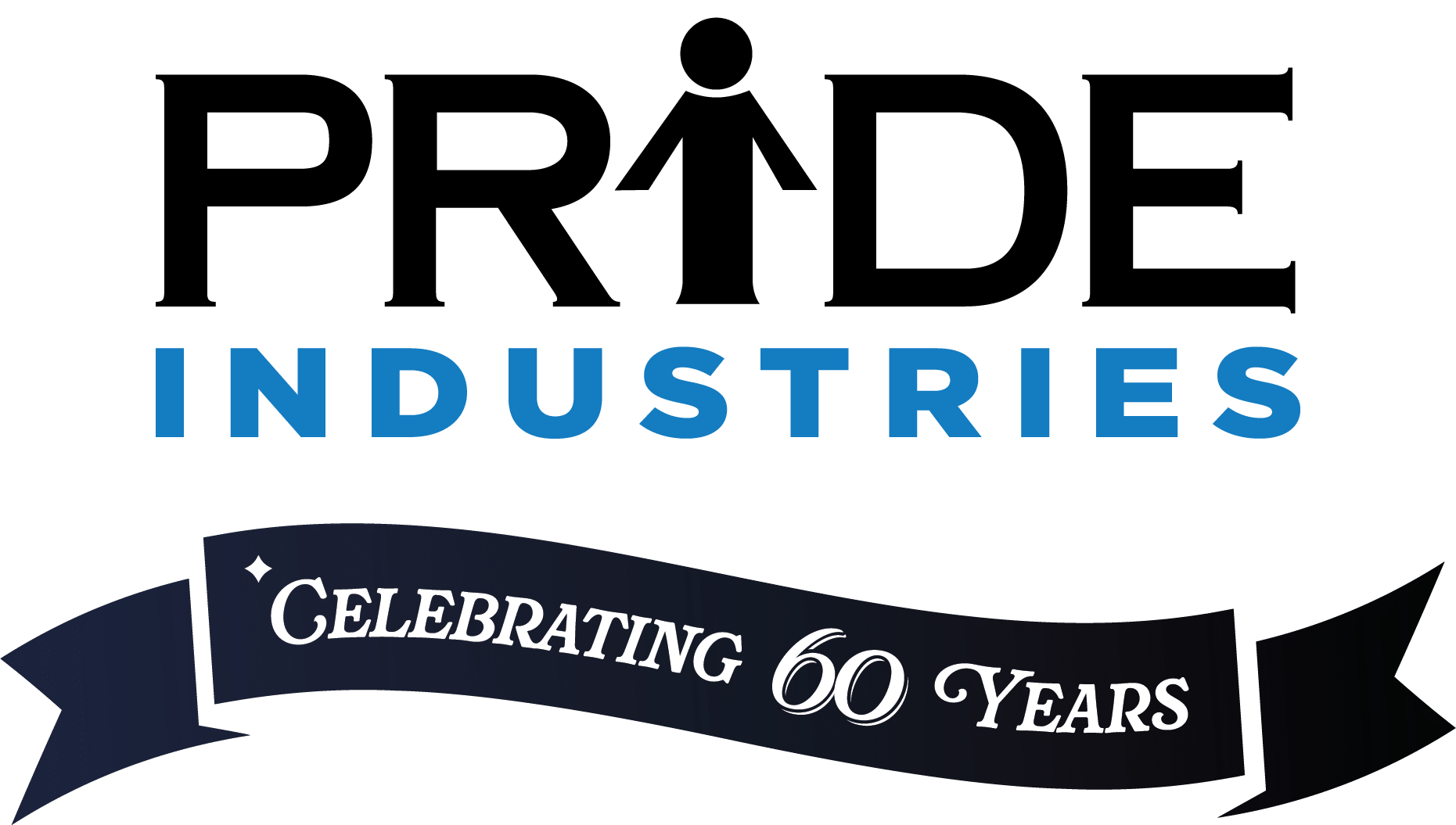On a cold winter’s day in the early ‘90s, Technical Sergeant Jack Jackman was rubbing his hands together, doing his best to keep warm as the C-130 he was traveling in made its way through the skies above Sarajevo, Bosnia. Hunched into the small space behind the pilot, Jack kept a close eye on the SATCOM radio (airborne radio telephone communication via a satellite) perched next to him, just in case the plane’s communications went down, requiring his technical skills. Fortunately, Jack wasn’t called upon to use his SATCOM expertise on this trip, but he still had an important task coming up.
Jack felt the plane dive sharply towards the small airport. The plane’s cargo doors began opening as soon as the wheels touched down. When the aircraft stopped, Jack joined the crew chief and the loadmaster, pushing pallets of supplies out the cargo hold and into the hands of French Army personnel at the Sarajevo Airport. As soon as the last container was off, the plane closed its doors and rose back into the sky. It was a good delivery—the plane had been on the ground for five minutes and hadn’t come under fire.
Fast forward 25 years, and Lieutenant Colonel (Ret) Jackman is now Vice President of Contracts at PRIDE Industries. The following interview tells Jack’s story from airman to officer to valued member of the PRIDE team.
PRIDE: First things first—where did you grow up, and when did you join the military?
Jack: I was born at Fort Ord; my father was a career infantry soldier. But soon after, he finished his tour and we moved to Louisville, Kentucky. I lived there until right after high school, when I joined the Air Force as an E-1 Airman Basic.
PRIDE: Did you always want a career in the military?
Jack: No, my original plan was to serve four years, see the world, and learn some skills. And I did that. I was posted in Italy, and Germany, all over. And the longer I served, the more I realized that I liked what I was doing. I enjoyed working as part of a team, all of us with a common goal that was bigger than any one person. By the time I got near the end of my first tour, I knew I had to stay. Once I made that decision, I started working on my college degree. I eventually earned a B.S degree from Southern Illinois University. I applied to officer training school shortly afterwards.
PRIDE: You served in the Air Force for nearly four decades. That’s a long career. If you had to pick one memory that stands out, what would it be?
Jack: I was lucky to have several memorable postings, but I think what stands out most for me is the work I did in Kandahar Airfield Afghanistan as Chief of the Regional Contracting Center. In some ways, the project I was managing was straightforward. Our job was to finish building a road. But this wasn’t just any road. It was a supply line that led from Kandahar City to the town of Tarin Kowt, where a forward operating base had been established. The road was a lifeline, and the Taliban knew it, so they would attack along that route. There’s a saying about military convoys in combat zones: “Speed is life.” Every time an army convoy got bogged down on that unpaved stretch of road, lives were at risk.
So fixing that road became a kind of obsession for me. It took a lot of work. I had to find and hire a new contractor and a security force to protect the contractor’s workers. But casualties dropped as soon as the project was done.
PRIDE: The skills you gained in the military gave you the option to work at any of several companies. Why did you choose PRIDE?
Jack: I first learned about PRIDE when stationed at Los Angeles Air Force Base, where I was Chief of Enterprise & Specialized Contracting for the Space and Missile Systems Center. PRIDE was one of our contractors. I saw that their work was top-notch, and when I learned about their mission, I was even more impressed. A few years later, I came up to tour the Roseville facility and met Casey Blake [Major General (Ret) and PRIDE’s Chief Operating Officer]. I could see that he had found a sense of mission here, which is important to those of us who have served. So when General Blake offered me a job at PRIDE, I knew I had to take it.
PRIDE: What advice do you have for military personnel transitioning to civilian work?
Jack: Plan early. Retirement comes faster than you realize. Think about all the skills you’ve gained during your career, and how you can apply them to civilian work. PRIDE has a Military Translator tool that can help you with that.
You might find that you need special training or certification to pursue the civilian career you want. Again, figure that out early, so you can put together a game plan to build the skills you need. You may even be able to start on that before you leave the service.
PRIDE: You served in the Air Force for 39 years. Why not an even 40?
Jack (laughing): That was my original plan. I was going to serve 40 years—I liked the symbolism of four decades—and then transition to a civilian career. But as I learned more about PRIDE, I realized that I didn’t want to wait. I saw that there was good work I could do here; the mission really appealed to me. I decided to put in for retirement a few months earlier than I’d planned. The way I see it, I served my fortieth year here at PRIDE.

“Plan early. Retirement comes faster than you realize.”
